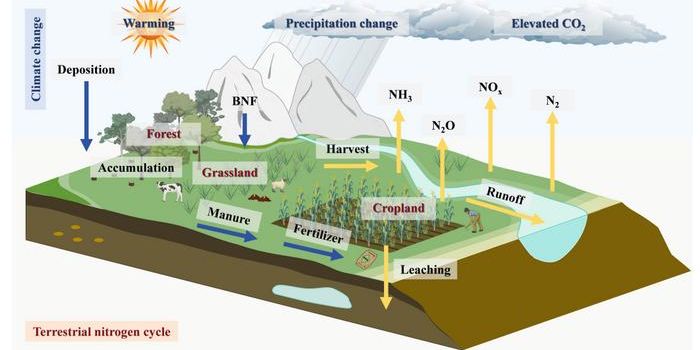This Fish Earned a Reputation for its Rapid Adaptation to Toxic Chemicals
When it comes to survival, some animals are more resilient than others, but one place where resilience shines is in our very own bodies of water, where the conditions are always changing in terms of temperature and toxicity.
These changes happen from both natural and human-based causes, but at the end of the day, it’s the animals that have to cope with the environmental changes. Some simply die out while others find ways to adapt.
As noted in the journal Science, the Atlantic killifish is one of the fastest-adapting fish species to a toxic environment that scientists have ever observed, and the reasoning is hidden deep within their genetics.
Image Credit: Andrew Whitehead/UC Davis
According to the report, the fish has exhibited natural selection so quickly that it has found a way to cope with rising toxicity levels caused by industrial pollutants, including but not limited to dioxins, heavy metals and hydrocarbons.
These fish are known for being able to adapt to stark temperature changes rapidly, but the findings that they’re also genetically mutating to live around these types of toxic chemicals without kicking the bucket was exhilarating for scientists to learn.
To figure out more, as well as to find out what gene might be responsible for the newfound resistance to these toxic chemicals, researchers from the University of Birmingham, UK and University of California, Davis performed genetic sequencing processes on several different populations of the species from different regions of the United States to get a closer look.
Their findings reveal that genes in the aryl hydrocarbon receptor (AHR) signaling pathway played a big role in their new adaptation. These changes vastly improve the fish’s tolerance to harmful environments by fortifying cell cycle regulation and by strengthening the immune system.
A lot can be learned from the Atlantic killifish. Diversity in their DNA, which is the most diverse of any known vertebrate, depending on the region they’re from highlights just how quickly these creatures can adapt to several different forms of toxicity, not just one.
Without a doubt, Atlantic killifish seem to be very good at adapting to their environment to tackle hazards that could otherwise threaten their existence. Unfortunately, lots of other animals aren’t so quick to adapt to potentially harmful changes and don’t manage to survive long enough to be resilient. That said, there probably isn’t a way to attribute the Atlantic killifish’s qualities to other animals.
Source: EurekAlert









